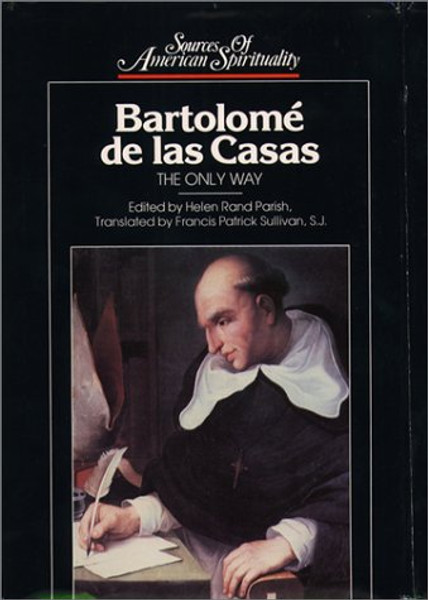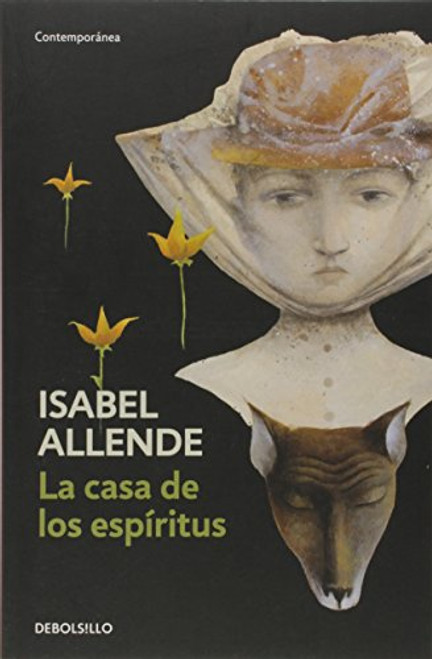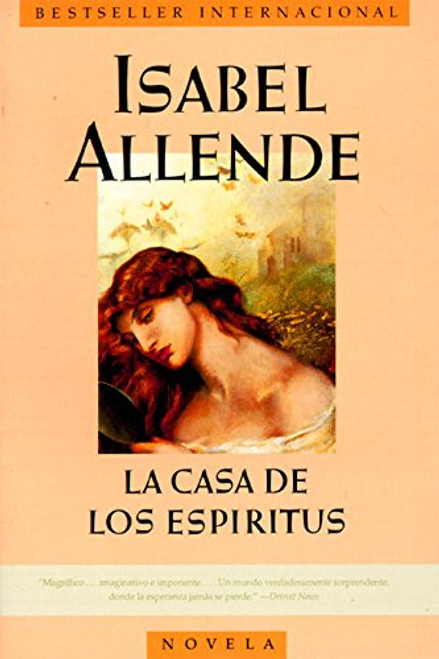Product Overview
Bartolome de las Casas (1484-1566) is the key to the quincentenary debate--should we celebrate or should we weep? His was the main cry against the tragic fate of the Indians, the main cry for reform. Until now, he has been known only from incomplete sources. This book begins his rediscovery in 1992.
Parish's introduction shows that Las Casas was barely 18 when he came to America in 1502, spending the next decade as a planter in the West Indies. He befriended the natives, but saw them cruelly massacred and exploited by conquistadors. In 1514 the mounting shock turned him into a defender of the Indians from then until his death at 82. As a priest-colonist, a Dominican friar, a bishop, he fought at court in the New World for their full human rights, using his first book, The Only Way, to great effect. The earliest version produced a papal encyclical on behalf of the Indians, the second motivated an emperor to issue laws protecting them, the third taught a generation of Spanish scholars.
Sullivan's translation of The Only Way to Draw All People to a Living Faith lets us hear Las Casas in full at last. The familiar horrors and denunciations are all there, but so is a gentle voice filled with compassion and yearning for peace. For centuries, the treatise influenced mission theory and practice in many lands; modern writers studied its misiology and its relation to his own mission experiment. But this new version--the lost opening reconstructed, the massive proof texts banished, the original form restored--reveals the doctrine that guided Las Casas' career. In it, he pleads for the way of Christ: evangelization by peaceful charity and respect not by fire and the sword. Sullivan has given us a brilliant rendering of the powerful central version Fray Bartolome composed at Oaxaca in 1539 to change the conscience of Christendom. The work makes the same appeal to conscience today.






